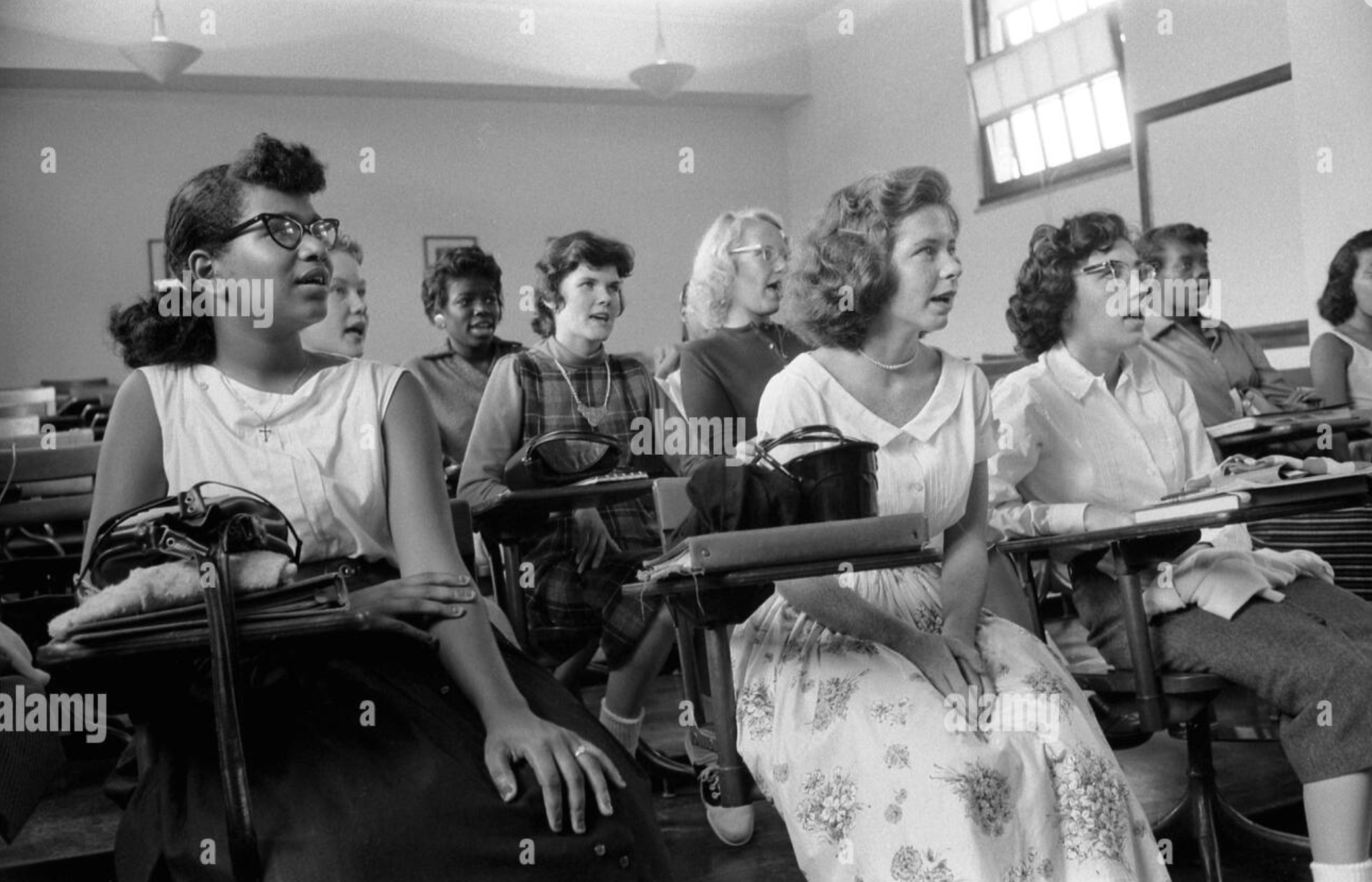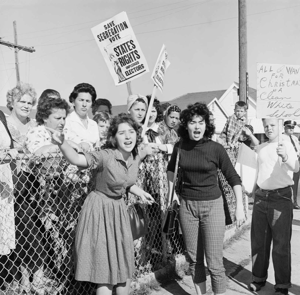Story

White Tears Part I:
Black Educators Share Their Thoughts on What Happens When White Women Cry in Schools
Many educators and researchers approach the relationship between education and health as a linear one, where greater academic attainment leads to better student health (mental, physical and emotional well-being) and wellness (living a healthy lifestyle) over time. Get good grades and, the thinking goes, you'll be happier and healthier. This thinking fuels an emphasis on addressing “learning loss” as a result of the pandemic. Others take the opposite view with health as the predicate, arguing that poorer health constrains educational attainment. But
Racism drives social determinants of health, and more than 50 municipalities across the U.S. Now classify it as a public health crisis.
Many educators and researchers approach the relationship between education and health as a linear one, where greater academic attainment leads to better student health (mental, physical and emotional well-being) and wellness (living a healthy lifestyle) over time. Get good grades and, the thinking goes, you'll be happier and healthier. This thinking fuels an emphasis on addressing “learning loss” as a result of the pandemic. Others take the opposite view with health as the predicate, arguing that poorer health constrains educational attainment. But it’s not that simple. Serving Black students well means educators must realize



